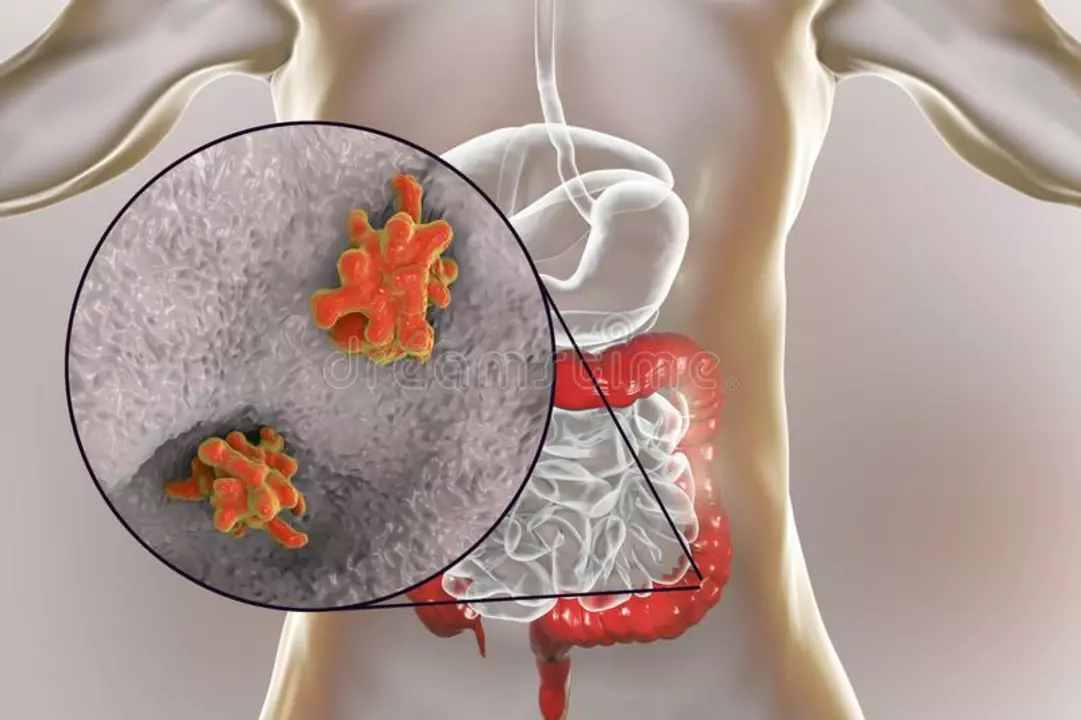Parasitic Infection: What You Need to Know Right Now
If you’ve ever felt a strange stomach ache after a trip or noticed itchy skin patches, a parasite could be the cause. Parasites are tiny organisms that live off another host—usually us—and can make us sick in many ways. The good news? Most infections are treatable and easy to prevent once you know the signs.
Common Parasites That Attack Humans
There are three big groups you’ll hear about:
- Protozoa: single‑cell bugs like Giardia or Entamoeba. They often hitch a ride in contaminated water and cause diarrhea, cramps, and nausea.
- Helminths: the “worms” such as roundworms, tapeworms, and hookworms. These can settle in your gut, lungs, or even muscles, leading to weight loss, fatigue, or skin itching.
- Ectoparasites: bugs that live on the surface of your body—think lice or scabies mites. They cause intense itching and red bumps.
Each parasite has its own favorite entry point: drinking unsafe water, eating undercooked meat, or walking barefoot in contaminated soil.
How to Spot a Parasitic Infection
Symptoms can be vague, so keep an eye on these clues:
- Persistent diarrhea or loose stools, especially after travel.
- Unexplained weight loss or loss of appetite.
- Abdominal pain, bloating, or gas that won’t quit.
- Itchy rashes, especially around the waistline or between fingers.
- Feeling unusually tired even after a good night’s sleep.
If any of these linger for more than a week, it’s worth getting checked. Your doctor will likely order stool tests, blood work, or skin scrapings to pinpoint the culprit.
Treatment Options You Can Trust
Once diagnosed, treatment usually involves an antiparasitic medication—think metronidazole for Giardia or albendazole for many worms. The course can be as short as a single dose or stretch over a week, depending on the parasite.
Don’t skip the full prescription even if you feel better; stopping early lets some parasites survive and come back stronger. For ectoparasites like lice, topical creams or shampoos do the trick, but you’ll also need to wash bedding and clothing in hot water.
Simple Steps to Keep Parasites at Bay
Prevention is easier than cure. Here are three habits that cut your risk dramatically:
- Watch what you drink. Boil or filter water when traveling, and avoid ice made from questionable sources.
- Cook meat thoroughly. Use a thermometer—poultry should hit 165°F (74°C), beef at least 160°F (71°C).
- Protect your feet. Wear shoes in places where soil or animal waste may be present, especially on farms or beaches.
Good hygiene—regular hand washing with soap, especially after bathroom use and before meals—also blocks many parasites from spreading.
When to Call a Doctor
If you notice blood in your stool, severe abdominal pain, high fever, or an allergic reaction like swelling, seek medical help right away. Those signs can mean a more serious infection that needs urgent care.
Remember, parasitic infections are common but manageable. Knowing the symptoms, getting proper treatment, and following basic prevention steps will keep you healthy whether you’re at home or exploring new places.
In my recent research, I discovered a hidden connection between amebiasis and mental health. Amebiasis, a parasitic infection, can potentially impact our mental well-being due to its influence on the gut-brain axis. This connection is essential as our gut plays a crucial role in regulating our emotions and cognitive functions. It's vital for us to be aware of this link and take preventive measures to maintain good gut health. By doing so, we can not only prevent amebiasis but also safeguard our mental health.

